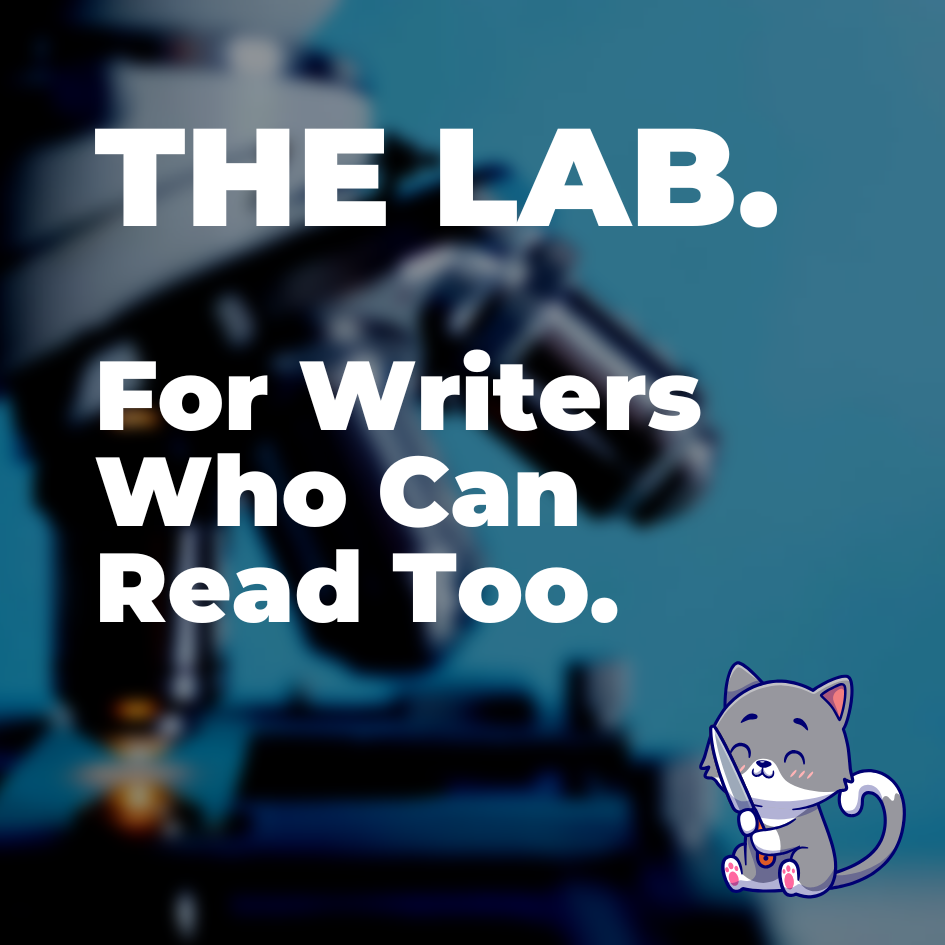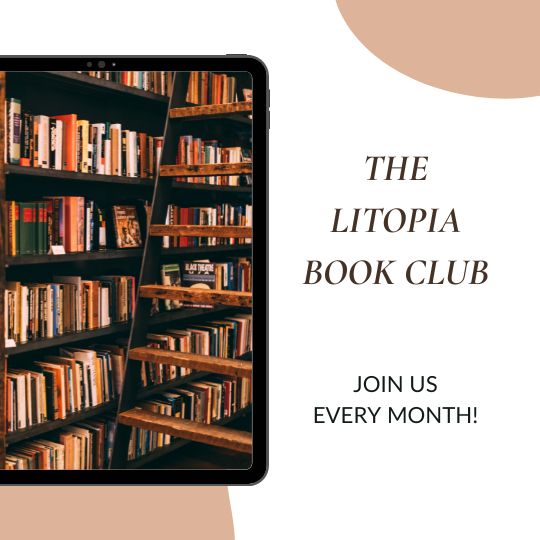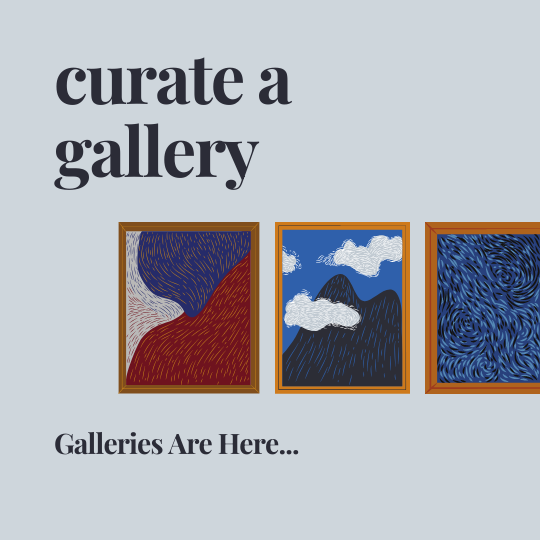The National Literacy Trust (NLT) has highlighted the “urgent need to
broaden our understanding of literacy in the digital age” in a new paper
titled The Future of Literacy: Multimodal Reading.
The paper, supported by Audible and Oxford University Press, warns that
the gap between what literacy encompasses in practice and what education,
policy and community systems are equipped to support is widening, and
calls for reading across print, digital, audio and visual mediums to “be
validated in homes, schools, businesses and communities, to ensure that no
child or young person is left behind”.
Jonathan Douglas CBE, chief executive officer of the NLT, said: “Literacy
today goes beyond printed books and writing with pen and paper – it
encompasses digital reading, audio storytelling, visual narratives and
interactive media.
“Our task is not to defend one tradition over another but to recognise literacy
as a living, evolving practice and to ensure that every child can flourish as a
reader in the literacies of tomorrow – whatever the format. Fundamental to
this will be equipping teachers with the skills and resources to confidently
embed multimodal reading in the classroom.
“As we approach the National Year of Reading in 2026, we have a once-in-
a-generation opportunity to bring families, educators, policymakers,
charities, libraries, publishers and businesses together to reimagine reading,
shape the future of literacy and enable our young people – and society – to
thrive.”
Continues...
Most Viewed
Most Commented
Oxford University Press
enters collective
consultation 'proposing
113 redundancies'
Booker Prize winner David
Szalay on Dua Lipa effect:
'Reading is now
recognised by young
people as something
beautiful'
David Szalay wins 2025
Booker Prize marking
second victory in a row for
Jonathan Cape
OpenAI copyright case
You are viewing your 1 free
reveals 'ease with which
article this month.
generative AI can
Sign in to make the most of your
devastate the market', says
access to expert book trade
PA
coverage.
John Murray Group
creates new fiction team
led by Jocasta Hamilton
Read More
LATEST ISSUE
Bologna Children's Book Fair: Calls for shorter books and
pan-trade action to tackle reading crisis
Hearts and minds need to focus on the reading crisis
Reading Agency’s research reveals 'growing reading crisis'
with half of adults put off by distractions
Aisha Glover, global head of urban innovation at Audible, said: “Audio and
other non-traditional reading formats create more pathways to literacy,
particularly for youth who struggle with text-based learning. At Audible, we
believe that by leveraging the power of audio storytelling, we can play a
crucial role in expanding literacy by improving comprehension, motivation
and fluency for the next generation as they imagine new possibilities for
their futures.”
The paper echoes calls from Reading Agency founder and director Debbie
Hicks, who previously told The Bookseller “the definitions we’re using to
classify readers are of a different age”. “If you ask somebody if they’re a
reader, and they listen to audiobooks, or they play video games or they read
comics, they’d probably say no,” she said.
14th November 2025
In this week's issue:
The future of literacy: Multimodal Reading paper, states: “Multimodal
reading is not a threat to traditional literacy but a broadening of it. Print,
Editor's Comment: Editor's Comment: Editor's Comment: Editor's Comment: We pay
leaders to lead, not take a back
digital, audio and visual forms each bring unique strengths. When homes
seat
validate everyday literacies, when schools embed them into pedagogy and
Author Profiles: Author Profiles: Author Profiles: Author Profiles: Brandon
when communities guarantee equitable access, children and young people
Sanderson & Madeline Cash
experience a seamless literacy ecosystem.
Narrator Profile: Narrator Profile: Narrator Profile: Narrator Profile: Michael Ajao
“This integration offers more than skill development. It builds confidence,
Non-Fiction Preview: Non-Fiction Preview: Non-Fiction Preview: Non-Fiction Preview: February
widens participation, supports wellbeing and prepares children and young
Discover Spotlight: Discover Spotlight: Discover Spotlight: Discover Spotlight: SFF
people to navigate a world where reading is woven across platforms,
Reflecting Realities Reflecting Realities Reflecting Realities Reflecting Realities
media and contexts.”
Report: Report: Report: Report: Analysis
It continues that a joined-up literacy strategy would ensure families are
supported with resources, reassurance and access to diverse reading formats,
schools are equipped with curriculum reform, teacher training and balanced
pedagogies that integrate print, digital, audio and visual texts, and that
libraries and communities act as hubs of access, inclusion and cultural
celebration.
READ IN FULL
“The world is changing. Print is vital, but alone it is not enough,” the paper
concludes. “We must keep pace with technological change, societal shifts
and emerging trends in literacy to ensure that the next generation can
thrive.”
The full report, the first in the National Literacy Trust’s Future of Literacy
broaden our understanding of literacy in the digital age” in a new paper
titled The Future of Literacy: Multimodal Reading.
The paper, supported by Audible and Oxford University Press, warns that
the gap between what literacy encompasses in practice and what education,
policy and community systems are equipped to support is widening, and
calls for reading across print, digital, audio and visual mediums to “be
validated in homes, schools, businesses and communities, to ensure that no
child or young person is left behind”.
Jonathan Douglas CBE, chief executive officer of the NLT, said: “Literacy
today goes beyond printed books and writing with pen and paper – it
encompasses digital reading, audio storytelling, visual narratives and
interactive media.
“Our task is not to defend one tradition over another but to recognise literacy
as a living, evolving practice and to ensure that every child can flourish as a
reader in the literacies of tomorrow – whatever the format. Fundamental to
this will be equipping teachers with the skills and resources to confidently
embed multimodal reading in the classroom.
“As we approach the National Year of Reading in 2026, we have a once-in-
a-generation opportunity to bring families, educators, policymakers,
charities, libraries, publishers and businesses together to reimagine reading,
shape the future of literacy and enable our young people – and society – to
thrive.”
Continues...
Most Viewed
Most Commented
Oxford University Press
enters collective
consultation 'proposing
113 redundancies'
Booker Prize winner David
Szalay on Dua Lipa effect:
'Reading is now
recognised by young
people as something
beautiful'
David Szalay wins 2025
Booker Prize marking
second victory in a row for
Jonathan Cape
OpenAI copyright case
You are viewing your 1 free
reveals 'ease with which
article this month.
generative AI can
Sign in to make the most of your
devastate the market', says
access to expert book trade
PA
coverage.
John Murray Group
creates new fiction team
led by Jocasta Hamilton
Read More
LATEST ISSUE
Bologna Children's Book Fair: Calls for shorter books and
pan-trade action to tackle reading crisis
Hearts and minds need to focus on the reading crisis
Reading Agency’s research reveals 'growing reading crisis'
with half of adults put off by distractions
Aisha Glover, global head of urban innovation at Audible, said: “Audio and
other non-traditional reading formats create more pathways to literacy,
particularly for youth who struggle with text-based learning. At Audible, we
believe that by leveraging the power of audio storytelling, we can play a
crucial role in expanding literacy by improving comprehension, motivation
and fluency for the next generation as they imagine new possibilities for
their futures.”
The paper echoes calls from Reading Agency founder and director Debbie
Hicks, who previously told The Bookseller “the definitions we’re using to
classify readers are of a different age”. “If you ask somebody if they’re a
reader, and they listen to audiobooks, or they play video games or they read
comics, they’d probably say no,” she said.
14th November 2025
In this week's issue:
The future of literacy: Multimodal Reading paper, states: “Multimodal
reading is not a threat to traditional literacy but a broadening of it. Print,
Editor's Comment: Editor's Comment: Editor's Comment: Editor's Comment: We pay
leaders to lead, not take a back
digital, audio and visual forms each bring unique strengths. When homes
seat
validate everyday literacies, when schools embed them into pedagogy and
Author Profiles: Author Profiles: Author Profiles: Author Profiles: Brandon
when communities guarantee equitable access, children and young people
Sanderson & Madeline Cash
experience a seamless literacy ecosystem.
Narrator Profile: Narrator Profile: Narrator Profile: Narrator Profile: Michael Ajao
“This integration offers more than skill development. It builds confidence,
Non-Fiction Preview: Non-Fiction Preview: Non-Fiction Preview: Non-Fiction Preview: February
widens participation, supports wellbeing and prepares children and young
Discover Spotlight: Discover Spotlight: Discover Spotlight: Discover Spotlight: SFF
people to navigate a world where reading is woven across platforms,
Reflecting Realities Reflecting Realities Reflecting Realities Reflecting Realities
media and contexts.”
Report: Report: Report: Report: Analysis
It continues that a joined-up literacy strategy would ensure families are
supported with resources, reassurance and access to diverse reading formats,
schools are equipped with curriculum reform, teacher training and balanced
pedagogies that integrate print, digital, audio and visual texts, and that
libraries and communities act as hubs of access, inclusion and cultural
celebration.
READ IN FULL
“The world is changing. Print is vital, but alone it is not enough,” the paper
concludes. “We must keep pace with technological change, societal shifts
and emerging trends in literacy to ensure that the next generation can
thrive.”
The full report, the first in the National Literacy Trust’s Future of Literacy



